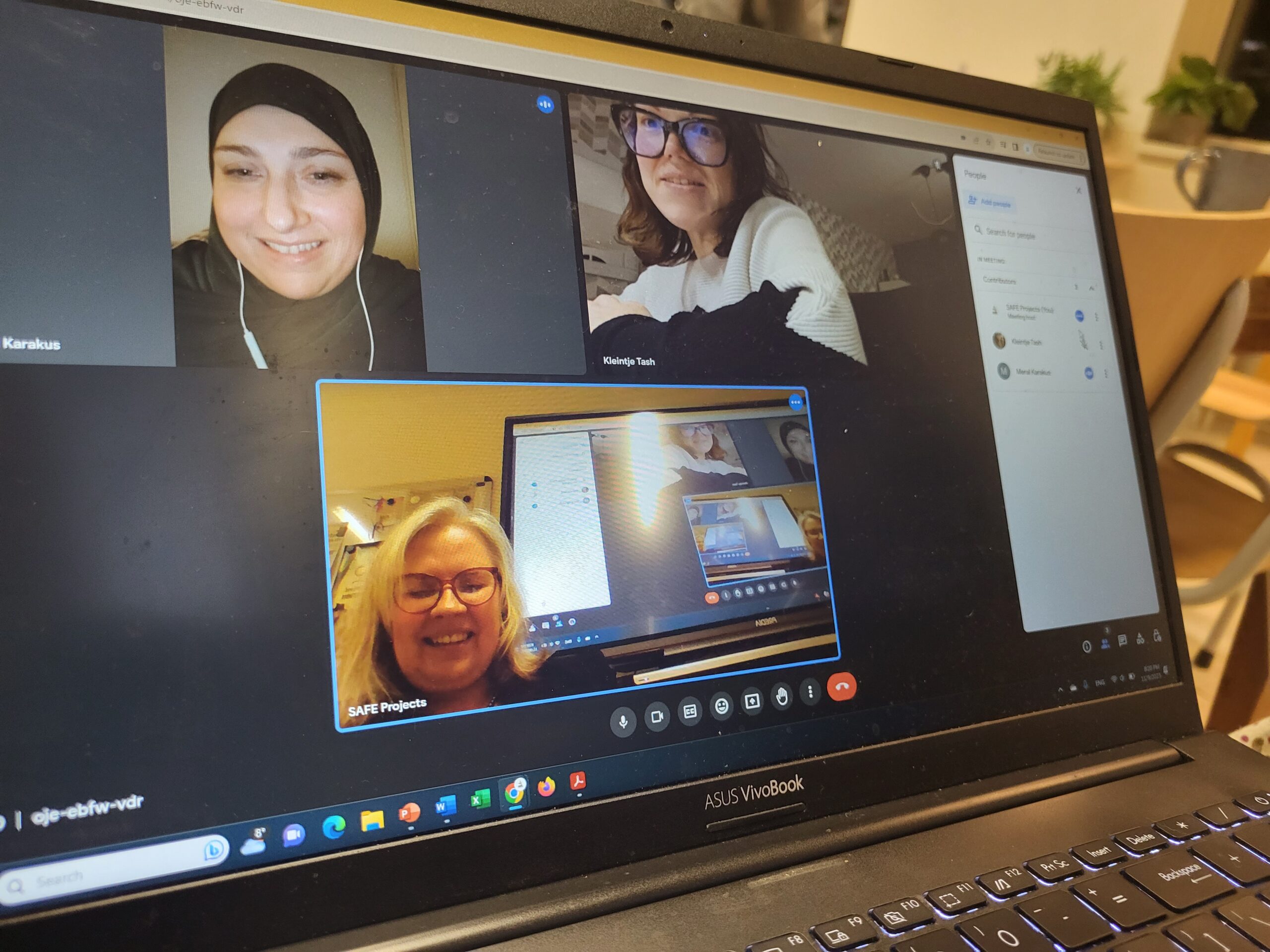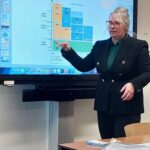Adult learners characteristic
- By S.A.F.E.Projects
- In Blog
- 0 comment
The adult learner is autonomous, and self-directed, deciding what and how to learn, so it is important for the adult educator to find ways to involve adult learners in the learning process. In the adult learning classroom, it is not said that must learn, but rather that it is useful for them to try. For example, the andragogy could continuously emphasize how online public services (Social Security, healthcare, registration, etc.) can save them time and make the process easier, demonstrate how to plan their leisure time more easily online (buying tickets, travel weather, timetables, etc.), how and on what platforms social networking can be successful and so on. Emphasizing utility increases motivation, which is linked to purpose – if a person has a purpose, then they have a clear motive to act.
Adults’ learning is influenced by their school experience. The success of learning at each new stage of learning depends on the success of learning at previous stages. If they have been successful in the past, they start the next stage of learning with more courage, they are not afraid to face difficulties and they know that they can overcome them with will and effort. However, it is often the case that people who have previously dropped out of sequential learning because they were uncomfortable, unhelpful, and uninterested in it take part in training. Such people are afraid of learning situations, insecure, withdrawn, constantly anxious, and hostile. It is important for the andragogue to realize that these defenses do not necessarily mean a reluctance to learn, but are to a large extent the cause of non-learning. It is for this reason that an assessment of the trainees’ school experience makes it possible to organize and personalize the digital literacy learning process more successfully.
Adult learners have life and professional experiences that they bring to the learning/learning environment. Their experiences are unique and authentic, and it is important for the adult educator to identify and value them and to enable them to integrate the eir newly acquired knowledge with their existing knowledge and to build on it to develop new skills and competencies. It should not be andragogy as the majority of older adults have not had the opportunity to experience digital technologies, either at school or at university and may therefore be quite skeptical about ICT technologies. Based on Presnky (2001) they are “digital immigrants”. The same can be said for social exclusion and marginalized groups.
They want practice-oriented training. Such training is linked to the realities of the trainees’ professional and everyday lives and includes learning strategies that can be applied to each person’s practice. Practical training can also be one of the motivating factors for positive motivation, as it is concrete and practically applicable, and the training content is simple and understandable. Practice-based training uses authentic material based on the participants’ life experiences and their own situations. The trainer should teach the use of digital tools that meet learners’ expectations and serve them in their daily lives or professional activities, so it is important to find out in advance the needs of the trainees (e.g. the need to use social networks, email, learning apps, etc.). Training that is practice-oriented encourages participants to apply the skills they have learned after their training.
It is goal-oriented, so it continuously checks the curriculum to see if it will help achieve the goal. A well-articulated objective brings benefits, and clarity and makes sense. It must be clearly formulated, showing the applicability of the programme. It is essential that the objectives of the adult educator and the learner coincide as much as possible. It is important to involve not only the learners’ minds but also their emotions in the learning process.
- Share:
You may also like
Adult educator’s digital literacy
- October 18, 2022
- by S.A.F.E.Projects
- in Blog



